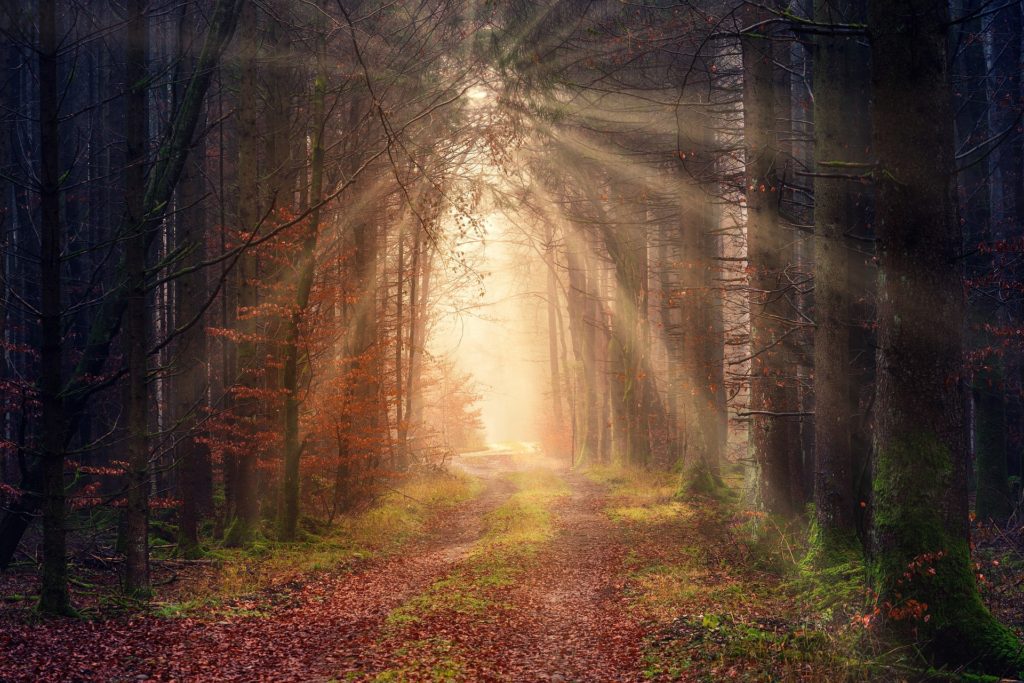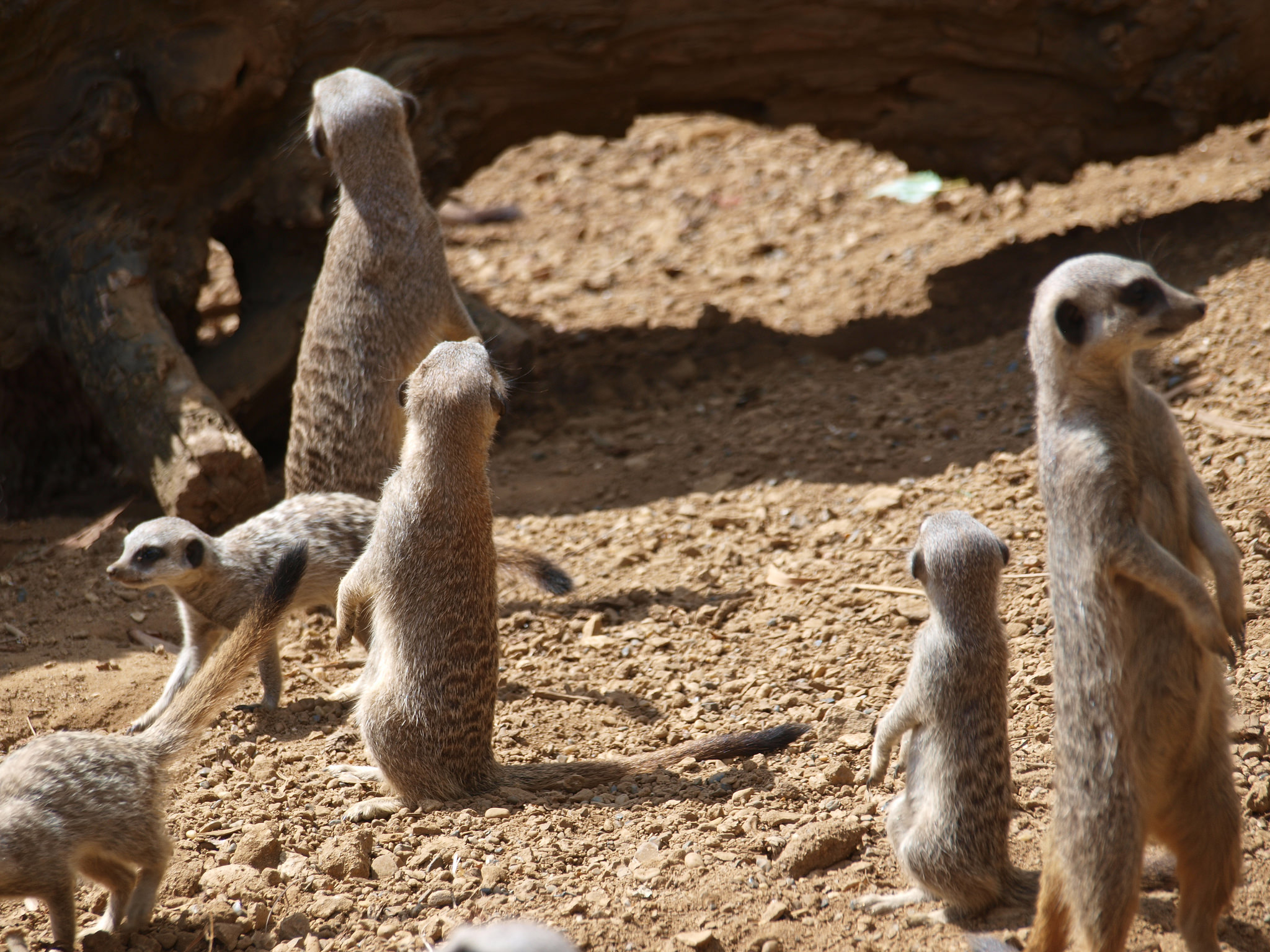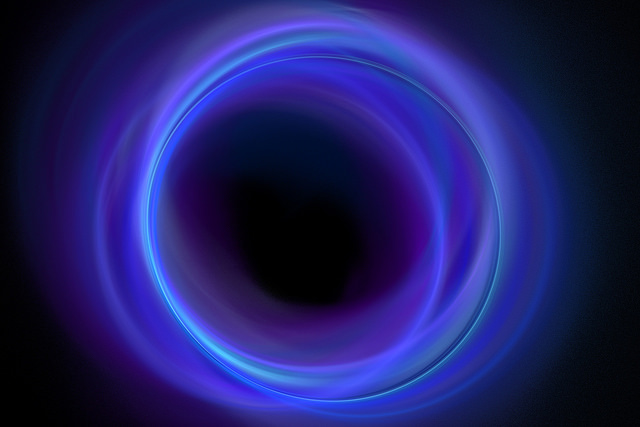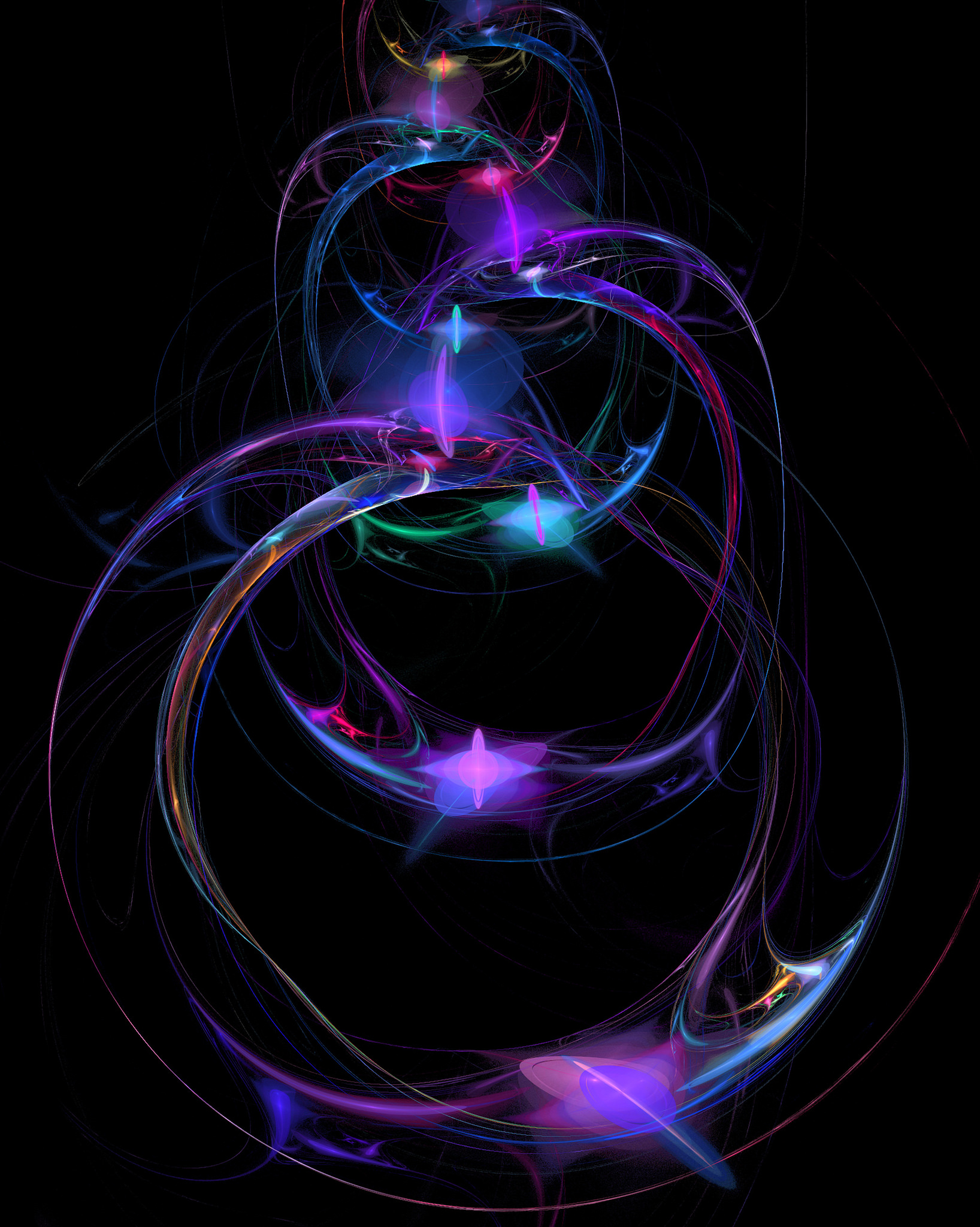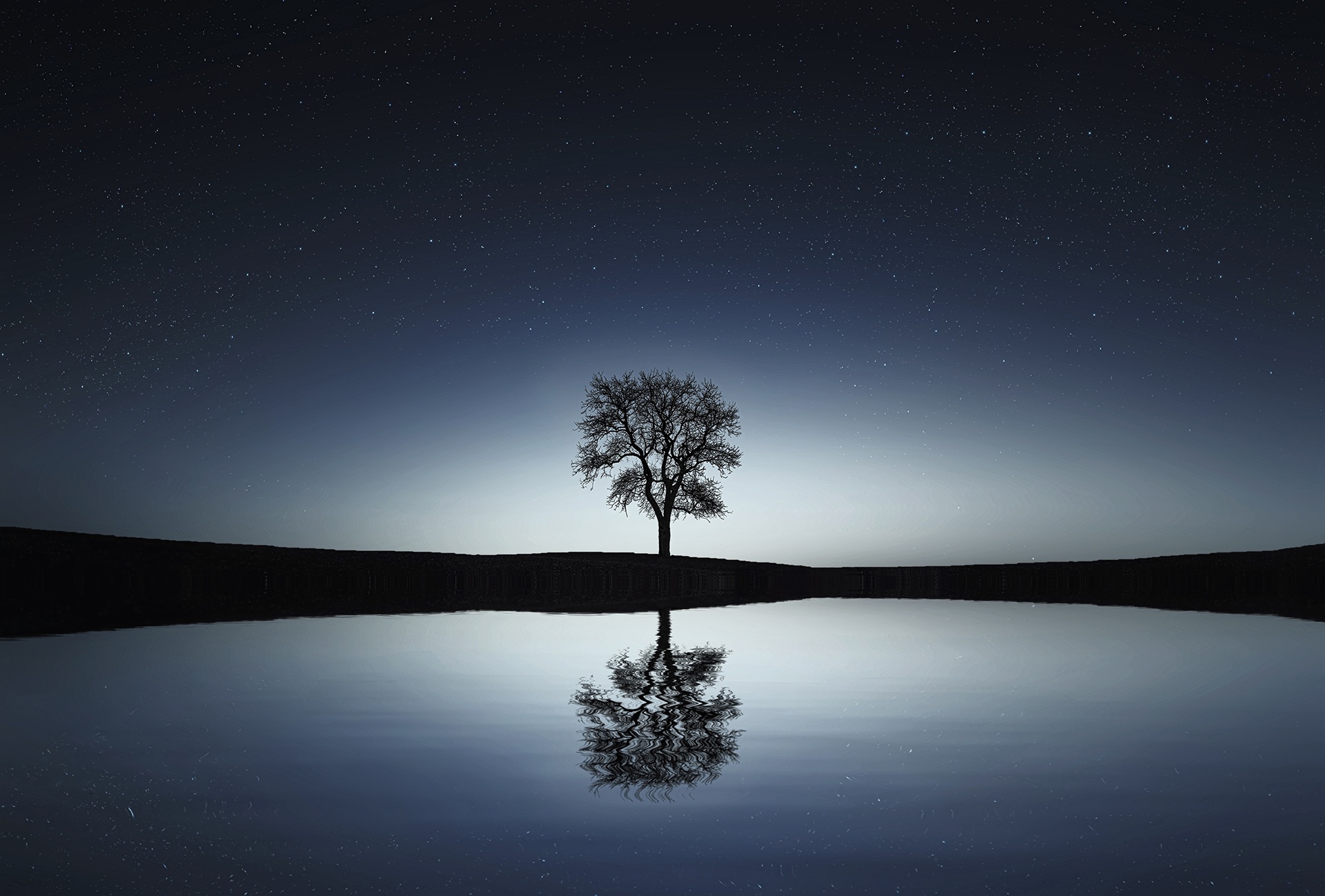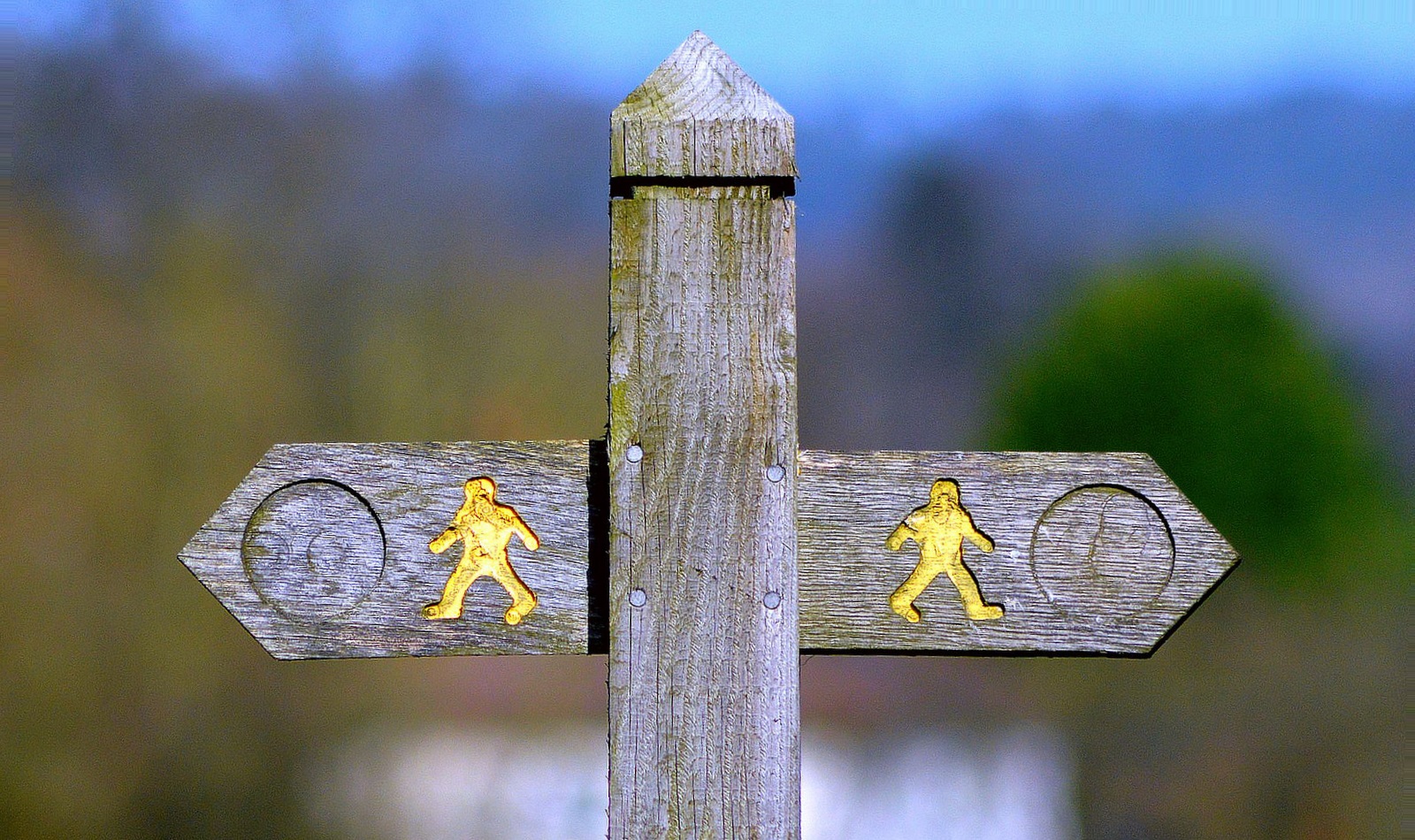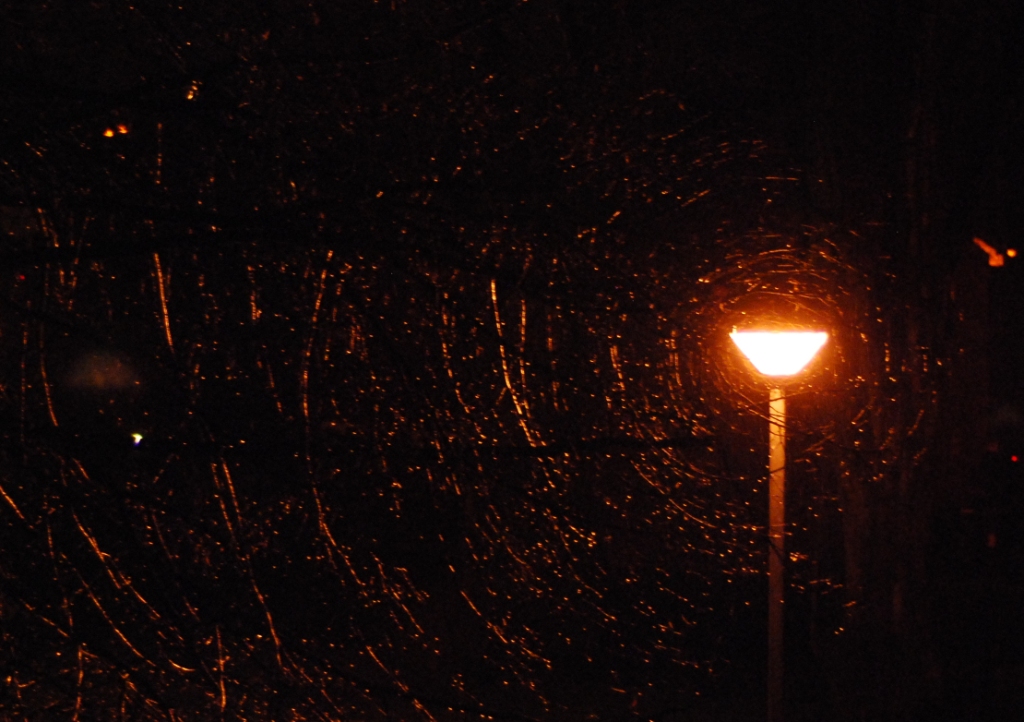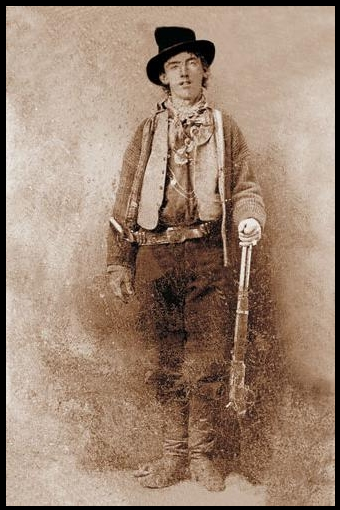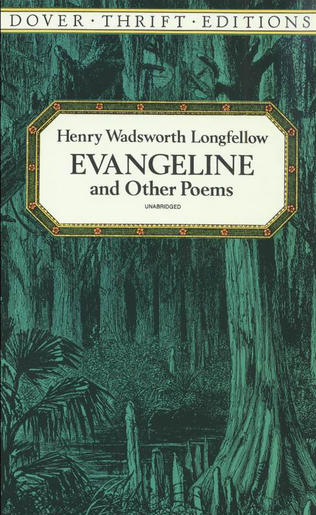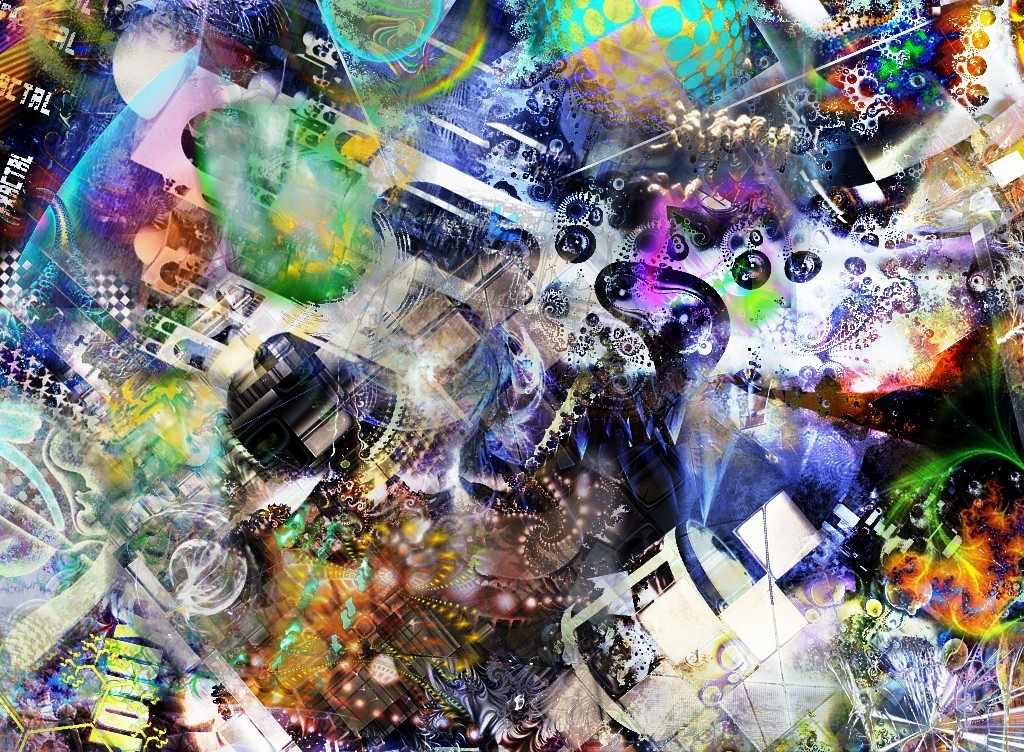
An absolutely wonderful and wise person, James Van Praagh, described in one of his books what he felt held him back the most whenever he let it: DISTRACTION! He put a large piece of paper on his refrigerator with that one word on it, to remind himself not to yield to the seductive power of getting distracted from his purpose or in his life. He wasn’t suggesting we must be focused all the time. But he was observing that we must be willing to allow quiet time, reflective time, and also to use time with some form of intention.
No Quiet Time
What is it we seem to do these days? It isn’t to allow quiet time. Very much the opposite. Pema Chodron described in an interview with Bill Moyers that when she was on a plane journey, the battery of sounds from devices all around her was overwhelming–cell phones, broadcasts, movies, laptops, video games–no one was just sitting and looking out the window, or engaged in thought–the closest they came to quiet time was when they were sleeping. What struck her most was that people seemed afraid to be in their own thoughts, as if there was some real disconnect going on between the inner and outer selves.
Becoming Oblivious
Late in his life Ray Bradbury watched people walking along the street with ear buds, listening to a device, oblivious to the world around them, and not speaking to the person they were with. He shouted out in frustration that he’d written a story about that very happening in 1953 and it was supposed to be science fiction! But the telling point in his story wasn’t that we should not enjoy listening to a recording–perhaps an audiobook, or music–but that we seemed to use our devices unceasingly, constantly, for everything, as if being without the device were impossible. What would he say to the sea of heads walking along the streets now! Heads everywhere bent to their cell phones anxiously seeing what message had come in. Was it important? Did it help them discover some idea? Was it vital to receive, so much so they had to check even while dining or at a movie and grow anxious, get an adrenaline flow, if no messages showed up for awhile? Unless they were emergency personnel or doctors, they had no reason to do this–did they?
So What Is Going On?
Maybe people cannot stand themselves, or are afraid of their own thoughts? Sure, sometimes, we all are. But this level of usage, this passion for checking for messages, is different in degree, in its omnipresent visibility. This kind of distraction, at a subconscious level, comes from a persistent, almost insatiable desire to escape the reality that is, to control reality as much as possible, to make sure everything that is going on is known, sorted, addressed–with nothing left to chance.
Addiction Tipping Point
It’s possible that soon we will have reached a tipping point, in which our consuming need to be “doing” something has translated into an addiction to stare at our phones–not missing a single message, or a new tweet, or an ad for a movie, or a news flash, or a word from an unknown admirer–anything will do.
It is a global event. Each country has its own version of this, whether it be Twitter, Snapchat, or Whatsapp, and more. It is a global phenomenon that on its good side allow a level of communication unheard of, unimagined, in just a decade. But at what price?
Addictive Effect On Us
It is also a terrible burden, for it slices our life into fragments of experience. And these fragments are forgotten as soon as they arrive–our need is to have them happen, not to remember them. They keep us from ourselves, from our work, and from each other–we have become silos of texting.
Perhaps most of all it is the distraction of our technology that has taken us away from being involved in life in deeper ways.
It has taken us away from being “present” in our own life.
But the technology is not at fault. It is neutral. It makes no decisions. It has no power. It does not control anything. Unless we say so.
We are the ones who choose to give our own personal power away to it.
We always, always, always have the right to say NO to using the devices, to turning on the phones. We can–sometimes–refuse the distraction of it all. Our decision. Our responsibility. Our choice.
What Does That Mean?
Are we are willing to know who we are and, for a while at least,
enter the quiet time within, uninterrupted?
Note: I send out an occasional newsletter with updates and special content. You are most welcome to join here.

